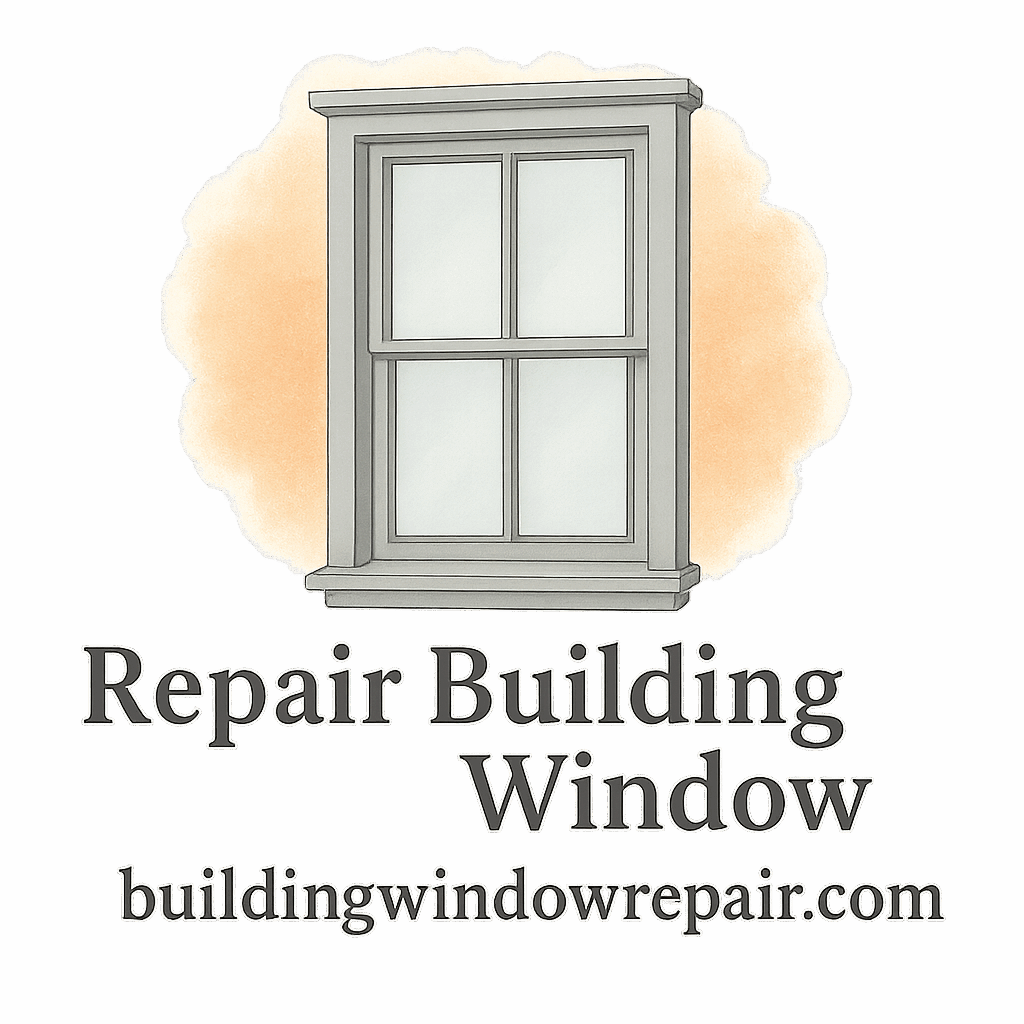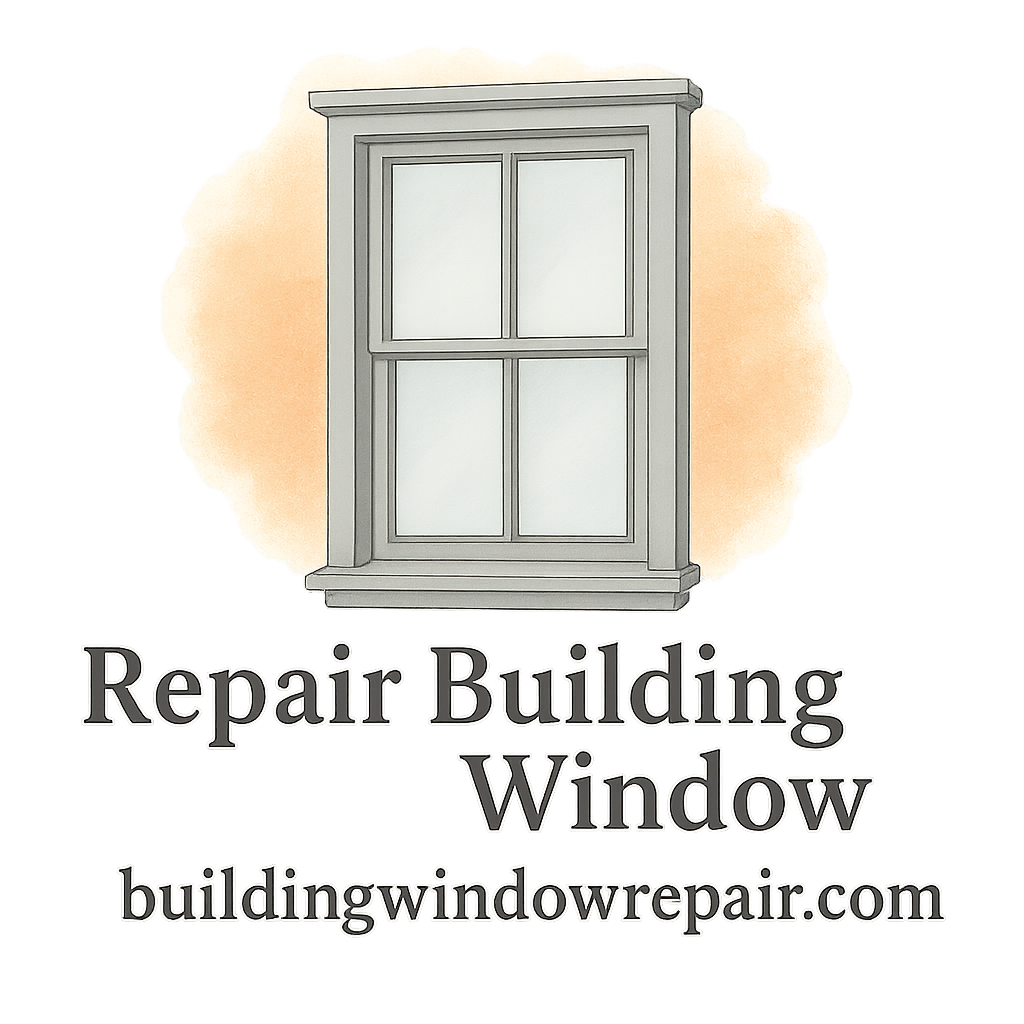Introduction
When it comes to replacing your building windows, durability is more than just a buzzword—it’s a necessity. Whether you’re managing a commercial property, overseeing government buildings, or renovating your home, choosing the right kind of glass can make a world of difference in terms of safety, energy efficiency, and long-term maintenance costs.
In this guide, we’ll walk you through the 9 most durable glass types for building window replacements. From tempered glass to smart glass, we’ll explore features, benefits, and ideal use cases. And don’t worry—we’ve also sprinkled in helpful maintenance tips and cost budgeting advice to help you make smart, informed decisions.
Why Durability Matters in Building Windows
Safety and Security Benefits
Durable windows aren’t just about standing the test of time—they’re your first line of defense. Glass types like laminated or bulletproof glass offer high resistance to impact, deterring break-ins and minimizing injury risks during natural disasters.
Long-Term Cost Efficiency
Investing in strong, reliable glass pays off over time. Durable windows reduce maintenance frequency and energy costs, making them a wise choice for property owners who want to extend the life of their building features.
Key Factors to Consider When Choosing Durable Glass
Climate and Environmental Impact
Windows in coastal areas need to handle salt spray, while those in colder climates should provide excellent insulation. Choose glass that complements your regional needs.
Compliance with Safety Regulations
Ensure your glass choice meets safety compliance standards and legal building guidelines.
1. Tempered Glass
Features and Benefits
Tempered glass is four to five times stronger than standard glass. If it breaks, it crumbles into small blunt pieces, reducing injury risk.
Common Applications
Used in commercial doors, skylights, and high-traffic areas, tempered glass offers top-tier durability for daily wear and tear.
Explore more about repair techniques for tempered windows.
2. Laminated Glass
Soundproofing Qualities
With two or more layers bonded by an interlayer, laminated glass is great for blocking noise—ideal for urban environments.
Shatter-Resistance and UV Blocking
Even if broken, the glass stays in place, thanks to the inner film. Plus, it blocks over 99% of UV rays, protecting your interiors.
Ideal for airtight and energy-saving building designs.
3. Insulated Glass Units (IGUs)
Energy Efficiency and Thermal Insulation
IGUs feature multiple panes separated by gas-filled spaces, dramatically reducing heat loss and lowering utility bills.
Maintenance Requirements
IGUs require proper sealing to avoid fogging. Check out materials and tools needed for upkeep.

4. Low-E Glass
Heat Regulation and UV Filtering
Low-E glass has a special coating that reflects infrared light while letting visible light in, keeping your building cooler.
Environmental Impact
Great for those aiming for green certifications and reduced carbon footprints.
Use with insulation building windows for best results.
5. Wired Glass
Fire Resistance Benefits
Wired glass contains a metal mesh that holds the glass together in the event of a fire. Often used in schools and industrial settings.
Legal Applications in Commercial Spaces
Meets many local and national regulations—great for government buildings.
6. Annealed Glass
Cost vs. Durability Analysis
This is your standard float glass. It’s affordable but less durable than tempered or laminated options.
Use Cases in Non-Hazard Areas
Best used in internal windows, cabinets, and areas with low risk of impact.
Don’t forget to follow cleaning tips to maintain clarity.
7. Bulletproof Glass
Multi-Layered Protection
Made from layers of laminated glass and polycarbonate, this glass can withstand bullets and explosions.
Ideal for High-Risk Locations
Perfect for banks, government buildings, and any property with heightened security needs.
8. Tinted Glass
Privacy and Aesthetic Value
Tinted glass reduces glare, offers a sleek look, and adds privacy—especially useful in office settings.
Solar Control Capabilities
It also blocks solar heat, keeping interiors cool and energy-efficient.
9. Smart Glass (Electrochromic Glass)
Adaptive Features
Switch between clear and opaque with a button! Smart glass adapts to light, offering both privacy and energy savings.
Energy-Saving Potential
Ideal for modern offices or homes that want both innovation and functionality.
Choosing the Right Glass Type for Your Building
Residential vs. Commercial Considerations
Residential buildings may focus more on aesthetics and energy savings, while commercial spaces require compliance and security.
Budgeting and ROI
Higher upfront costs often lead to better savings in the long run. Use this handy cost budgeting guide.
Maintenance Tips to Prolong Glass Life
Regular cleaning, sealing edges, and checking for cracks are essential. For expert insights, read our maintenance tips.
Also, consider using the right materials and proper methods to maintain quality.
Conclusion
Choosing the right glass isn’t just about looks—it’s a mix of durability, function, and long-term value. Whether you’re interested in repair, replacement, or an upgrade, understanding the various glass types ensures you get the most out of your investment.
From the rugged strength of tempered and laminated glass to the futuristic appeal of smart glass, there’s an option for every need and budget.
FAQs
1. What is the most impact-resistant glass for building windows? Laminated and bulletproof glass are among the top choices for impact resistance.
2. Is smart glass suitable for residential homes? Yes, especially for tech-savvy homeowners looking for privacy and energy savings.
3. How often should I inspect my building windows? At least twice a year, and immediately after extreme weather events.
4. Can I replace just one window pane with a different glass type? Yes, but make sure it doesn’t disrupt the insulation or aesthetic consistency.
5. Which glass type is best for noise reduction? Laminated glass offers excellent soundproofing qualities.
6. How do I know if my window glass meets safety compliance? Check with your local building codes and refer to our safety compliance guide.
7. Where can I find tools and materials for glass maintenance? Visit our detailed guide on materials and tools for everything you need.


